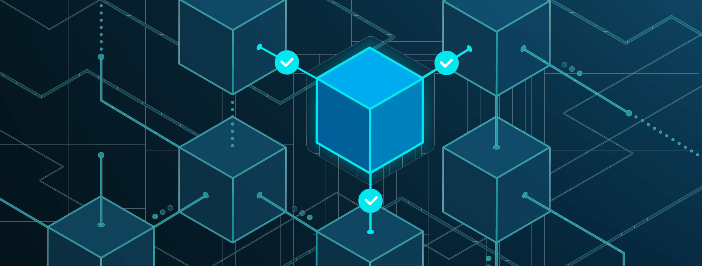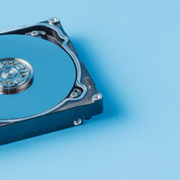The truth about blockchain
Blockchain technology is a way of recording information – think of it as a digital ledger. Every “chain” consists of multiple files, or “blocks,” encrypted and recorded on a decentralized database. Whenever there’s a new transaction, there’s a new record added to the chain, and it’s visible to every participant.
Without blockchain technology, we wouldn’t have digital assets like cryptocurrencies. Blockchain was specifically created to allow for the development of digital currencies like Bitcoin. But why are there over 83 million blockchain wallets worldwide, and are there any drawbacks to using this revolutionary technology? We can answer these questions by weighing up some pros and cons.
Blockchain advantages
Blockchain is popular because it offers four key benefits.
Security
End-to-end encryption helps to protect personal data, such as financial information. The decentralized nature of blockchain technology also makes it less vulnerable to hackers, as data is stored across multiple networks rather than a single location.
Efficiency
Blockchain lets buyers and sellers create “smart contracts,” or automated contracts, which self-execute based on pre-agreed terms. They don’t require any third-party intervention to complete the transaction, which helps you complete deals faster.
Transparency
With blockchain, businesses can track an asset’s journey, view a full transaction history, and produce highly accurate records for auditing purposes. Since every transaction is time and date-stamped, there’s a much-reduced risk of fraud.
Diversity
Blockchain technology can support diverse business needs from the financial services industry to the healthcare sector. It can increase operational efficiency, support record-keeping for auditing purposes, and make it easier to share sensitive data securely.
Blockchain disadvantages
As with any technology, there are some downsides to using a blockchain.
Scalability
Right now, blockchain lacks scalability. Think of it this way: the more transactions made, the more blocks there are in the chain. More blocks mean using more network and IT resources to process the data and the associated transactions history, which could result in downtime and system lags.
Security
Blockchains and digital wallets are, compared to other platforms, secure. However, the layers of encryption and security can be a drawback – if you lose the password or “key” to a wallet, it’s impossible to access what’s inside, meaning you could risk losing money, assets, and crucial data.
Accessibility
As the technology is relatively new, businesses may lack the knowledge or experience to introduce blockchains. However, this disadvantage can be offset by partnering with developers or IT service providers who understand the technology and can devise seamless, cost-effective ways to implement it.
The future of blockchain
Blockchain combines the transparency of the internet with the security of cryptography, which delivers safer, more reliable information sharing for everyone. What’s more, we can expect blockchain popularity to grow – according to a Deloitte survey, 93% of respondents believe they’ll see new revenue streams from digital assets, and 97% believe they’ll lose a competitive edge if they don’t adopt a blockchain. That said, there’s no such thing as fail-proof technology.
As cyber criminals become increasingly more sophisticated, we could see a growing number of data breach incidents, so it’s more important than ever to prioritize your company’s cybersecurity.
Partnering with an IT services firm is the best way to ensure you’re using the latest technology to protect your digital assets. Contact us today to learn more about how GB Tech’s services can support your business goals.























